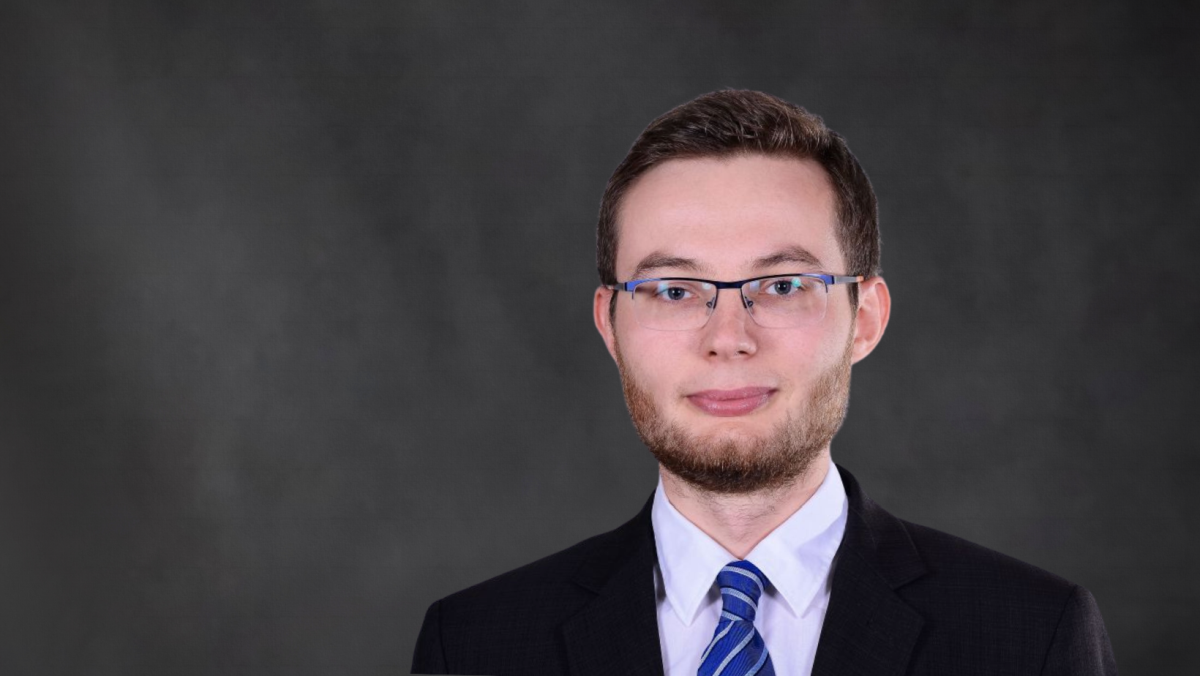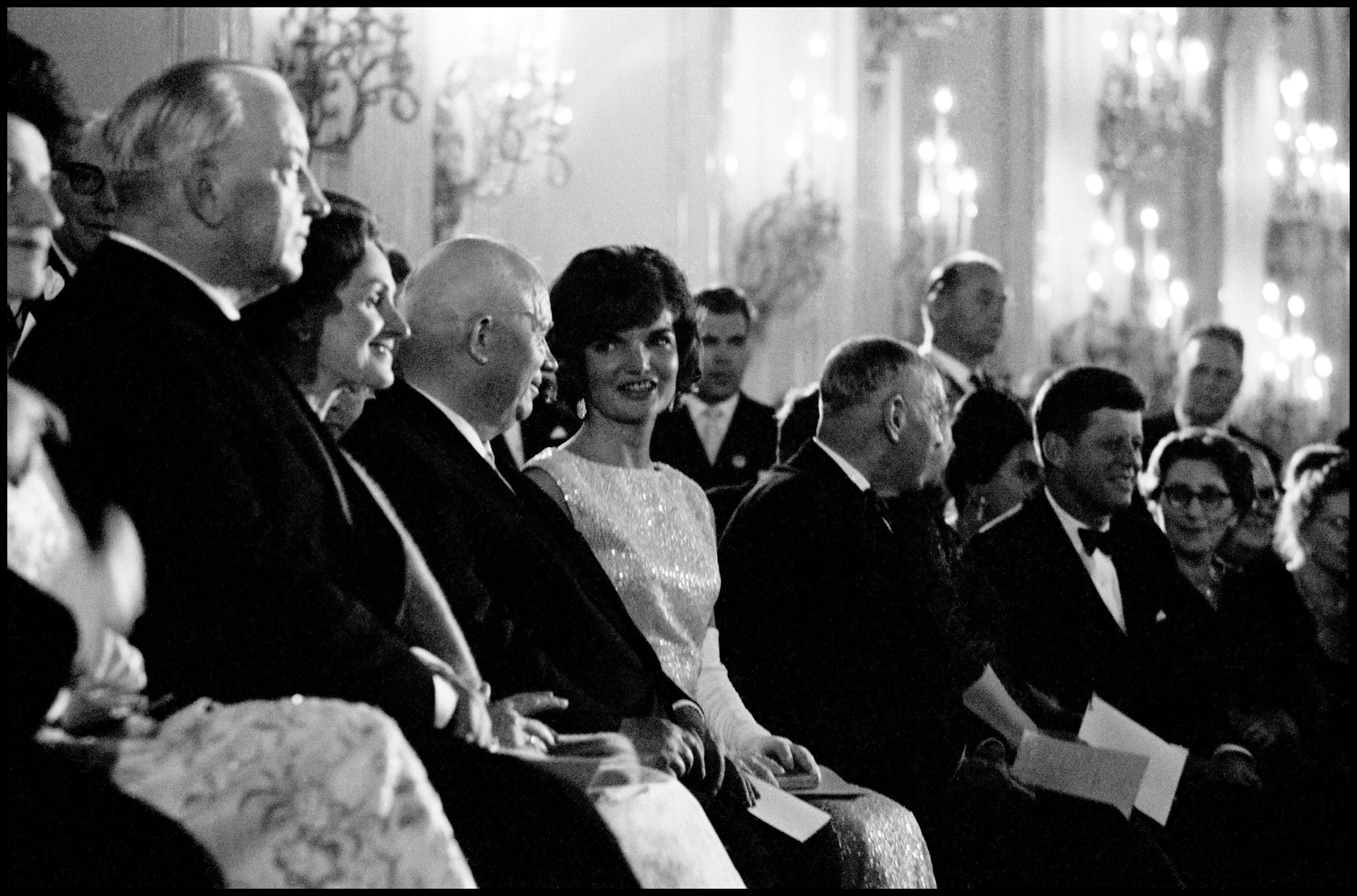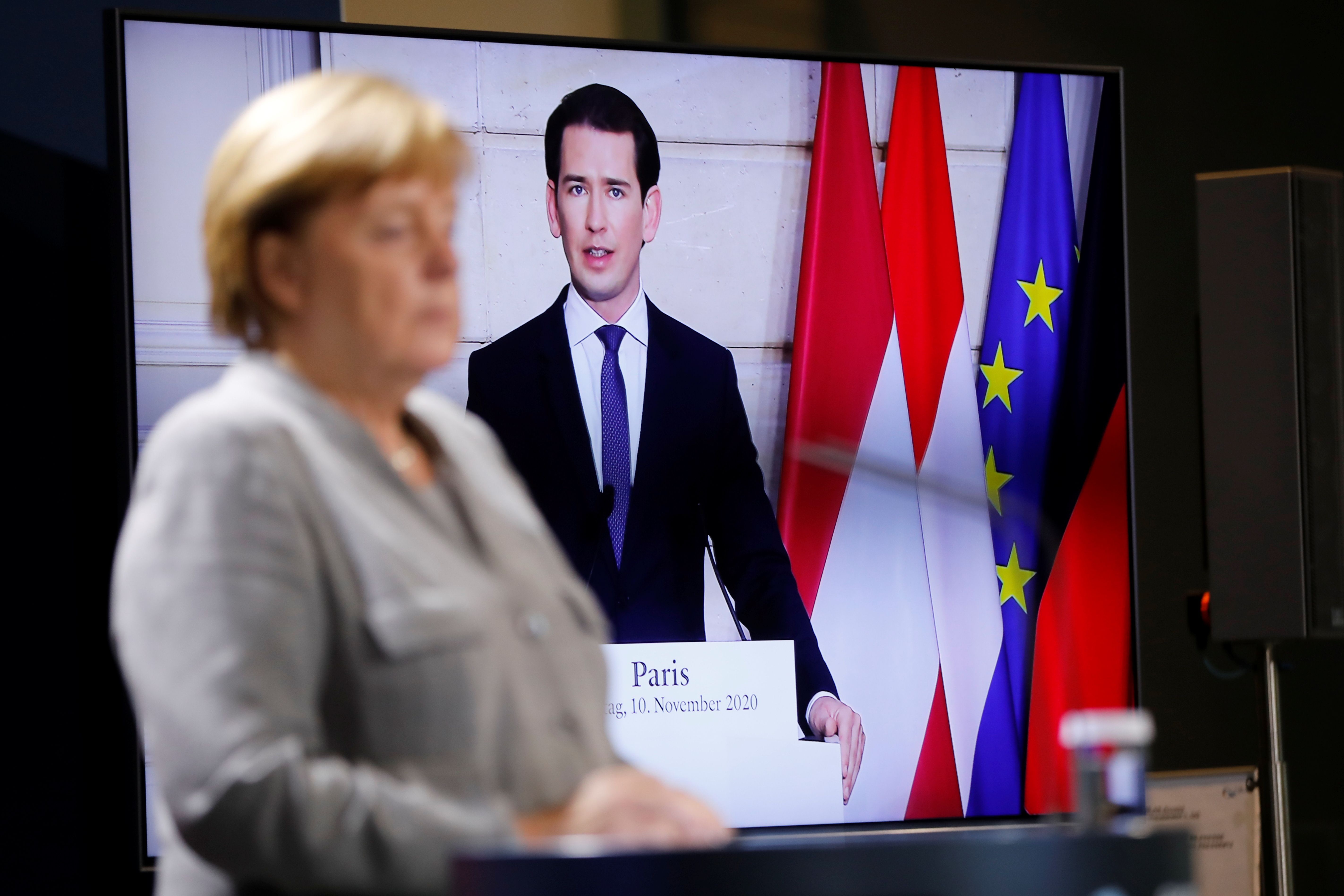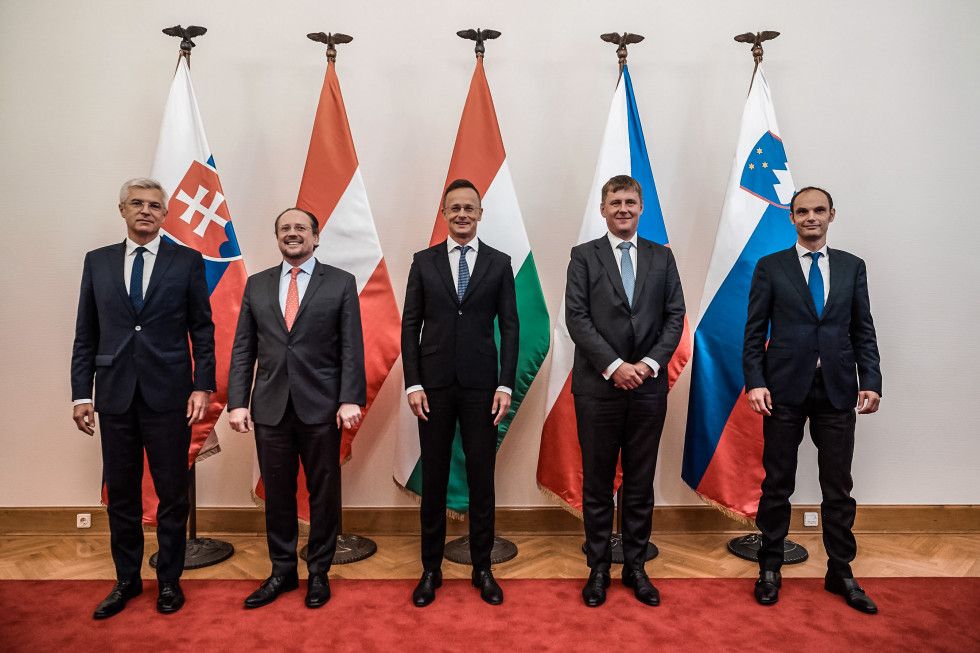Changes in the Austrian Government Following Accusations of Abuse of Power
On 11 October, Alexander Schallenberg replaced Sebastian Kurz as chancellor of Austria. The change was a consequence of the start of another investigation of Kurz for abuse of power. The new foreign minister, Michael Linhart, will continue the current foreign policy.
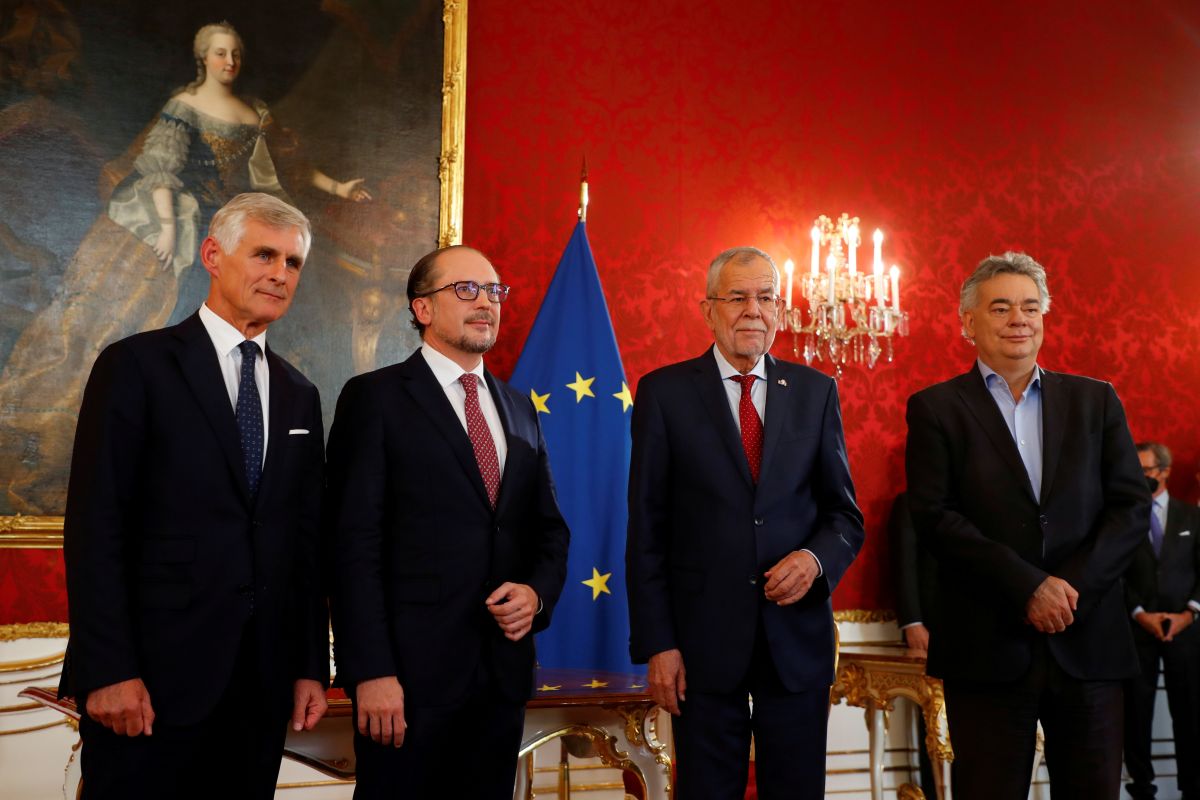 Photo: Leonhard Foeger/Reuters
Photo: Leonhard Foeger/Reuters
What was the reason for the changes in the government?
Kurz resigned on 9 October, following an investigation by the Prosecutor’s Office for Combating Economic Crime and Corruption (WKStA) and searches of the chancellery and headquarters of the Austrian People’s Party (ÖVP), among others. Kurz is suspected of complicity in corruption in 2016 when he was minister of foreign affairs and ran for the chairmanship of ÖVP. People associated with him in the Ministry of Finance reportedly offered paid state advertisements to friendly press in exchange for the publication of polls favourable to Kurz. After the accusations were made, Werner Kogler, the leader of the coalition of the Greens, declared a loss of confidence in the chancellor. To avoid a vote of no confidence and early elections, Kurz—while remaining the chair of the ÖVP and becoming head of the parliamentary caucus—appointed Schallenberg as chancellor.
Who is the new chancellor?
Schallenberg is a long-time associate of Kurz but was accepted by the Greens and President Alexander Van der Bellow. Public support for him contributed to his appointment as the head of government. According to a survey conducted for the daily newspaper Der Standard, 46% of respondents trust the new chancellor. Schallenberg is a lawyer, and his professional career is associated with the Ministry of Foreign Affairs where he had been press secretary, among other positions. Following the break-up of the ÖVP coalition government and the Austrian Freedom Party (FPÖ) in 2019 (after “Ibiza-gate”), he became the foreign minister in the expert cabinet of Brigitte Bierlein. In holding this office until he was sworn in as chancellor, Schallenberg supported restrictive migration policy, deepening the integration of the Western Balkan countries with the EU, and intensifying cooperation in Central Europe.
What does Kurz’s departure from the government mean for the Austrian Christian Democrats?
Kurz’s resignation enables the continuation of the government of the ÖVP and the Greens coalition, which has been in power since January last year. Schallenberg’s declarations, already as chancellor, announcing close cooperation with his predecessor, as well as the experience of their long-term relationship indicate that Kurz will retain influence on the directions of the government’s activities. If he manages to clear himself of the charges, a scenario of his return to the office of chancellor is likely. However, the suspicions of corruption and abuse of power have weakened ÖVP’s position. According to a 13 October poll, the party has only 27% support, which is 4 percentage points (p.p.) less than in August this year, and 10.5 p.p. compared to the result in the 2019 National Council elections. That means the difference in support between the ÖVP and the Social Democratic Party of Austria, the largest opposition group, has become minimal. The investigations underway in the case of Kurz and his associates, as well as the work of the parliamentary investigative committee established with the support of all parties except ÖVP, may contribute to a deepening of the Christian Democrats’ image crisis.
What do the government changes mean for Austrian foreign policy?
Schallenberg’s promotion made it necessary to fill the post of foreign minister. Linhart, a professional diplomat and Austria’s former ambassador to Damascus, Athens, and Paris, in his first speech before the National Council noted regional cooperation within the Slavkov Triangle and the Central Five among his priorities. The lack of reference to the Three Seas Initiative (TSI) indicates that Austria is still not very interested in this cooperation platform, although it was the subject of bilateral talks during President Van der Bellen’s visit to Poland in October this year. In other areas, Austria will continue to support linking the disbursement of EU funds to adherence to the rule of law. It also opposes the use of nuclear energy, which differs from the position of Poland, for whom Austria may seek to partner on, among others, migration policy.


